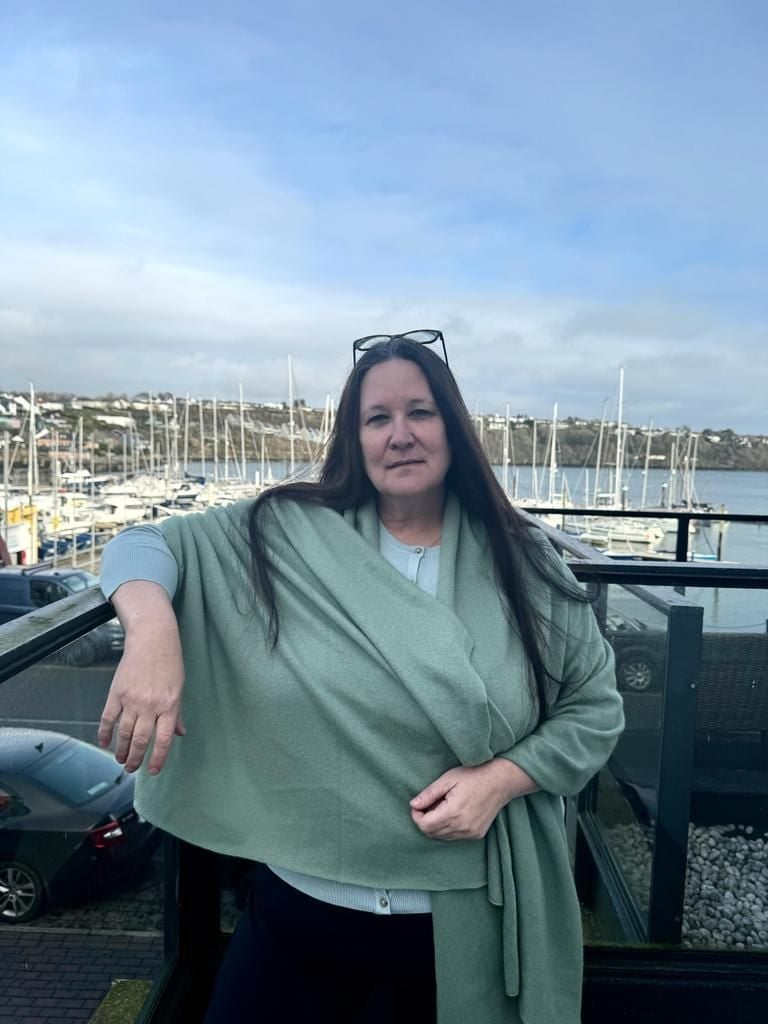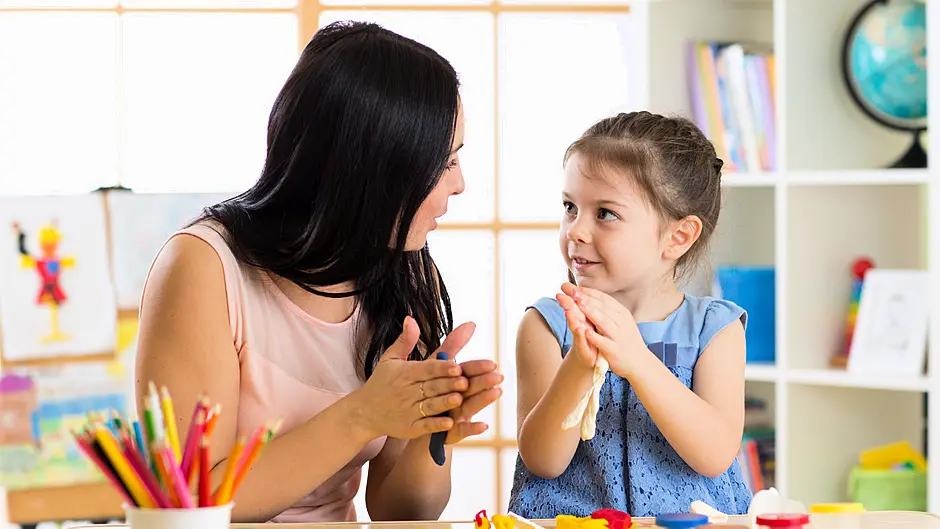A subsidised therapy service based in West Cork is helping Irish children get the educational and psychological supports they need.
CONCERNED parents are travelling from as far as Dublin to avail of newly-introduced educational psychological assessments in Clonakilty.
The assessments are available at Sensational Kids, a social enterprise and charity, which offers subsidised therapy services for children and bridges the gap between public and private therapy services in its four child development centres. The Clonakilty centre is the only one in Cork.
Educational psychologist Yvonne Lion-Cachet said she’s seen young people aged between seven and 17, from all over the country, since the service launched in West Cork late last year.
What’s attractive is their subsidised rate of €595 for an assessment, compared to a more typical charge of €835.
Many of the people she’s seen have also been on public waiting lists for years in some cases, and are coming to her desperate for help, she said. ‘There’s an important window of opportunity to intervene and give these children the supports they need to level the playing field. That window of opportunity is crucial, the earlier the better.’
Parents can self-refer to her, or often issues are flagged up with teachers. Yvonne highlights the importance of teachers and parents talking to each other.
‘There can be a gut feeling that something is different or there may be a specific area a child is battling with, perhaps a reading difficulty, spelling difficulty, issues with comprehension, or numeracy, delayed speech or gross or fine motor difficulties,’ said Yvonne. These difficulties may initially manifest as behavioural changes, she points out. ‘A big flag is if a child suddenly has school refusal, or doesn’t want to read or write, or do their homework. You might see their self-esteem go, they may be exhibiting frustration, or finding difficulty with homework. All of that’s an underlying cause of their difficulty manifesting in behavioural change.’
Yvonne’s approach is a holistic, child-centred one. As she points out, all children are unique.
 Educational psychologist Yvonne Lion-Cachet said she’s seen young people aged from seven to 17, from all over the country, since the service launched in West Cork last year.
Educational psychologist Yvonne Lion-Cachet said she’s seen young people aged from seven to 17, from all over the country, since the service launched in West Cork last year.
Her highly specialised evaluations, involving parents and teachers, work to understand a child’s cognitive, emotional, and educational development. They involve a series of standardised tests, observations, and interviews to gather a holistic understanding of a child’s strengths, challenges, and learning style.
She can determine if a child has a specific learning difficulty ie dyslexia, dyscalculia (difficulty understanding numbers), or an intellectual disability, and make the appropriate plan for them.
This could involve onward referrals for play therapy, occupational therapy, speech and language therapy, and tailor-made plans to support them in school.
‘Schools are brilliant, and supports at school are offered on a needs, not diagnosis, basis. But when teachers have my report, they streamline the supports that are needed,’ said Yvonne.
While carrying out her assessments, she may get flags for ADHD or autism and while she can’t diagnose these, she can further refer families for help.
‘I’ve had parents cry with relief when I give the diagnosis, it’s like a weight has been lifted off the shoulders. Often they’ll say, “I just knew it.” Everything suddenly starts to make more sense to them and their child,’ she said.
‘The best thing is that a diagnosis, say of dyslexia, brings, is a sense of understanding to the parents as well as the child, because without supports a child can lose confidence. They realise that they’re not cognitively impaired at all, it’s the way their brain is profiled. They realise they’ve got this difference and have to figure out how to work with it.’
Ultimately, she says, a child with dyslexia will possibly not enjoy reading.
‘But at the end of the day these kids will have to go through the school system. It’s training that child to see new ways of learning and getting that balance, perhaps through audio books, and helping them foster a love for learning in that way.’
However, Yvonne puts a big emphasis on not focusing on the deficits.
‘It’s about capitalising on the strengths of a child, and not just looking at what they need help with and that also helps with confidence.’
Emotional intelligence (EQ) is also especially important, she says. ‘We talk about IQ, but research says that EQ is a greater predictor of success. I tell parents not to get too hung up on results; that there’s a bigger picture. For example, what is their child’s general mood like, are they positive, do they adapt, what are their interpersonal skills like?
‘All of those impact on learning. If a child is really motivated, has a good work ethic, if they show effort and perseverance, those things will go a long way to helping them to excel. So, it’s looking at EQ, and IQ, again looking at the child holistically. That’s not to say that you brush issues under the carpet, but to address it as just one part of the child, and never in isolation.’






